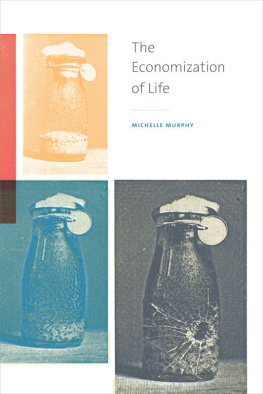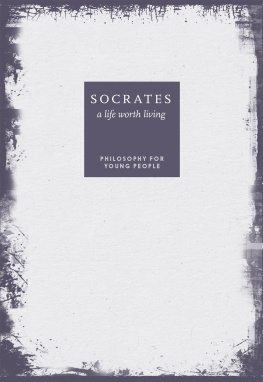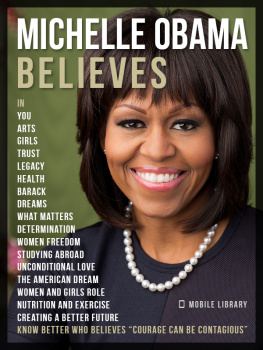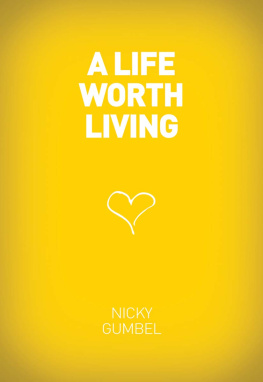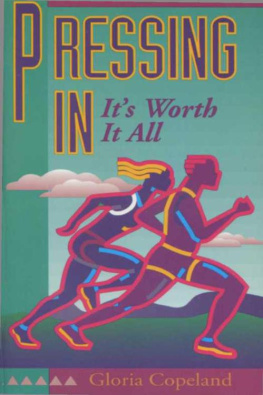The Economization of Life
MICHELLE MURPHY
DUKE UNIVERSITY PRESS | Durham and London | 2017
2017 Duke University Press
All rights reserved
Printed in the United States of America on acid-free paper 
Designed by Matthew Tauch
Typeset in Arno Pro and TheSans by Tseng Information Systems, Inc.
Library of Congress Cataloging-in-Publication Data
Names: Murphy, Michelle (Claudette Michelle), author.
Title: The economization of life / Michelle Murphy.
Description: Durham : Duke University Press, 2017. | Includes bibliographical references and index.
Identifiers: LCCN 2016049157 (print) | LCCN 2016051071 (ebook)
ISBN 9780822363347 (hardcover : alk. paper)
ISBN 9780822363453 (pbk. : alk. paper)
ISBN 9780822373216 (e-book)
Subjects: LCSH : Family planningEconomic aspects. | Family policyEconomic aspects. | Fertility, HumanPolitical aspects. | Fertility, HumanSocial aspects. | United StatesPopulation policy. | BangladeshPopulation policy.
Classification: LCC HB 883.5 . M 88 2017 (print) | LCC HB 883.5 (ebook) | DDC 304.6/66dc23
LC record available at https://lccn.loc.gov/2016049157
Cover art: Raymond Pearls bottle of Drosophila at different points in time. Pearl, The Biology of Population Growth , 1930.
Contents
It is difficult to select a starting point when the work making up this book began. Perhaps in graduate school in the early 1990s when I first encountered the writing of Farida Akhter and began to think harder about what reproduction is and might be. Or in 2001 during my first year at the University of Toronto surrounded by colleagues trying to puzzle out what methods transnational feminist studies called for. Or maybe it was at the Technoscience Salon trying out ideas with Natasha Myers and so many other people. It was certainly also in the archive, following manual suction abortion studies out of feminist collectives in the United States and over to Bangladesh, an itinerary that forced me to think harder about the non-innocent transnational entanglements of reproductive technologies. This book was conceived out of all of these itineraries and more, and hence my gratitude and debts to those who have assisted this work are likewise spread in time and space beyond what I can ever do justice to acknowledge. I thank Courtney Berger at Duke University Press for her ongoing backing and intellectual companionship. This work has been funded by grants from the Social Science and Humanities Research Council, and I acknowledge not only their support but also all the labor that has gone into keeping state funding for critical humanities and social science scholarship in Canada alive through difficult times. I also thank the Jackman Humanities Institute at the University of Toronto, as well as the Clayman Institute for Gender Research at Stanford, both of which provided time and space for working on this project. I thank Farida Akhter and Unnayan Bikalper Nitinirdharoni Gobeshona ( UBINIG ) for their vital contributions to reproductive politics, and for making time to speak with me during my time in Bangladesh. I thank the International Centre for Diarrheal Disease Research, Bangladesh ( ICDDR,B ) for facilitating my research, and especially thank the library staff and the wonderful head librarian Md. Nazim Uddin for his hospitality, time, and assistance. I am grateful to the scientists and field staff at ICDDR,B as well as the Bangladesh Population Council Staff that allowed me to interview them. I thank Santi Rosario for her friendship and kindness while in Dhaka.
Many people helped with the research of this book over its long gestation, and I am indebted to the insights and responses they brought to this project: Rachel Berger, Nafisa Tanjeem, Shivrang Setler, Emily Simmonds, Sebastian Gil-Riao, and Carla Hustak. This project is also indebted to the many opportunities to think collectively about politically charged scholarship in which I have been fortunate to take part. I thank Kavita Philip and Cori Hayden for the many conversations that molded this project in its earliest stages. I thank Adele Clarke and Vincanne Adams for our collaborations on temporality and anticipation that have continued to run through this project. I thank the members of Oxidate who have helped me to see this project through when I was stuck, and who continue to inspire me with their own work: Lochlann Jain, Jake Kosek, Jackie Orr, Elizabeth Roberts, Jonathan Metzl, Miriam Ticktin, Diane Nelson, Cori Hayden, Joseph Dumit, and Joseph Masco. I especially thank Joe Masco and Cori Hayden for generously giving their careful and brilliant responses to a full reading of the manuscript. I also thank Joseph Masco for facilitating the workshopping of the manuscript in his class at the University of Chicago, as well as the wonderful graduate students who shared their generous and incisive reactions. At the University of Toronto, I am indebted to conversations with M. Jacqui Alexander, Brian Beaton, Ritu Birla, Elspeth Brown, Dina Georgis, Deborah Cowen, Ken Kawashima, Patrick Keilty, Tong Lam, Tania Li, Sharhzad Mojab, Katharine Rankin, Sue Ruddick, Shiho Satsuka, Jon Soske, Aswhini Tambe, Judith Taylor, Malcolm Thomas, and Alissa Trotz. Thank you is also due to everyone who participates in the Technoscience Research Unit writing group. There are a multitude of conversations and scholars within the wide-ranging field of science and technology studies ( STS ) that have been interlocutors for this project over its long gestation: Samer Alatout, Warwick Anderson, Laura Briggs, Lisa Cartwright, Tim Choy, Joseph Dumit, Paul Edwards, Steven Epstein, Sarah Franklin, Donna Haraway, Gabrielle Hecht, Sabine Hhler, Stefan Helmreich, Chris Kelty, Martha Lampland, Hannah Landecker, Rachel Lee, Celia Lury, Maureen McNeill, Gregg Mitman, Kris Peterson, Joanna Radin, Martina Schluender, Banu Subramaniam, Lucy Suchman, Kaushik Sunder Rajan, Jennifer Terry, Charis Thompson, Nina Wakefield, and many others. The Technoscience Salon has been a wellspring of continuous support and creativity that I have drawn on, and I thank the many people who have come and made it a place to recompose the potentials of STS scholarship. I thank the wonderful graduate students with whom I have had the privilege of thinking: Bretton Fosbrook, Justin Douglas, Kelly Ladd, Sarah Tracy, Caleb Wellum, Peter Hobbs, Duygu Kasdogan, Kira Lussier, Nicole Charles, and Brianna Hersey. I am especially thankful to my collaborator and dear friend Natasha Myers for her generosity and brilliance, as well as for her ongoing willingness to work and play together toward critical and collaborative feminist and anticolonial STS . I also thank Natasha and Astrid Schraeder for comments on early drafts during our writing group.
Early versions of some of the ideas in this book were worked out in the Scholar and Feminist Online , and in chapters in the collections Relational Architectural Ecologies: Architecture, Nature, and Subjectivity , edited by Peg Rawes; Corpus , edited by Paisley Currah and Monica Casper; and Marxims and Feminisms , edited by Shahrzad Mojab.
I am indebted to friendships that have supported me and my family, making it possible for me to take time to concentrate on writing, as well as just keep going. Thank you to Andrea Adams, Jason Brown, Kathryn Scharf, Sean Fitzpatrick, Suping Chang, Erika Iserhoff, Francis Garett, Nathaniel Price, and Suzanne Price. I thank The Commons and the Gladstone Public Library for providing our neighborhood with generative spaces to write. The online community of Academic Muse supported my focus on writing when life was busy. Heartfelt thanks to my extended family for pitching in through thick and thin. My deep gratitude for their love and care goes to Claudette Murphy, Ted Murphy, Ellen Price, and Richard Price. I thank Maceo and Mika Mercey for putting up with me as I have struggled to write, work, and parent all at once, as well as giving me so much joy and love. Matt Price has done the most to make this book possible through his skilled editorship, co-parenting, and encouragement. He has lovingly held open precious time for me to write, go into hiding, and take care of myself through the long journey of this book and all else that has happened along the way.
Next page
